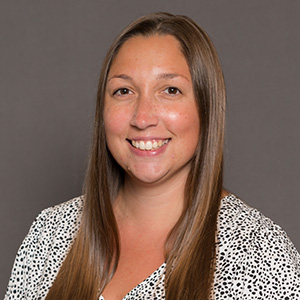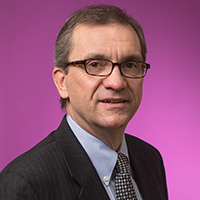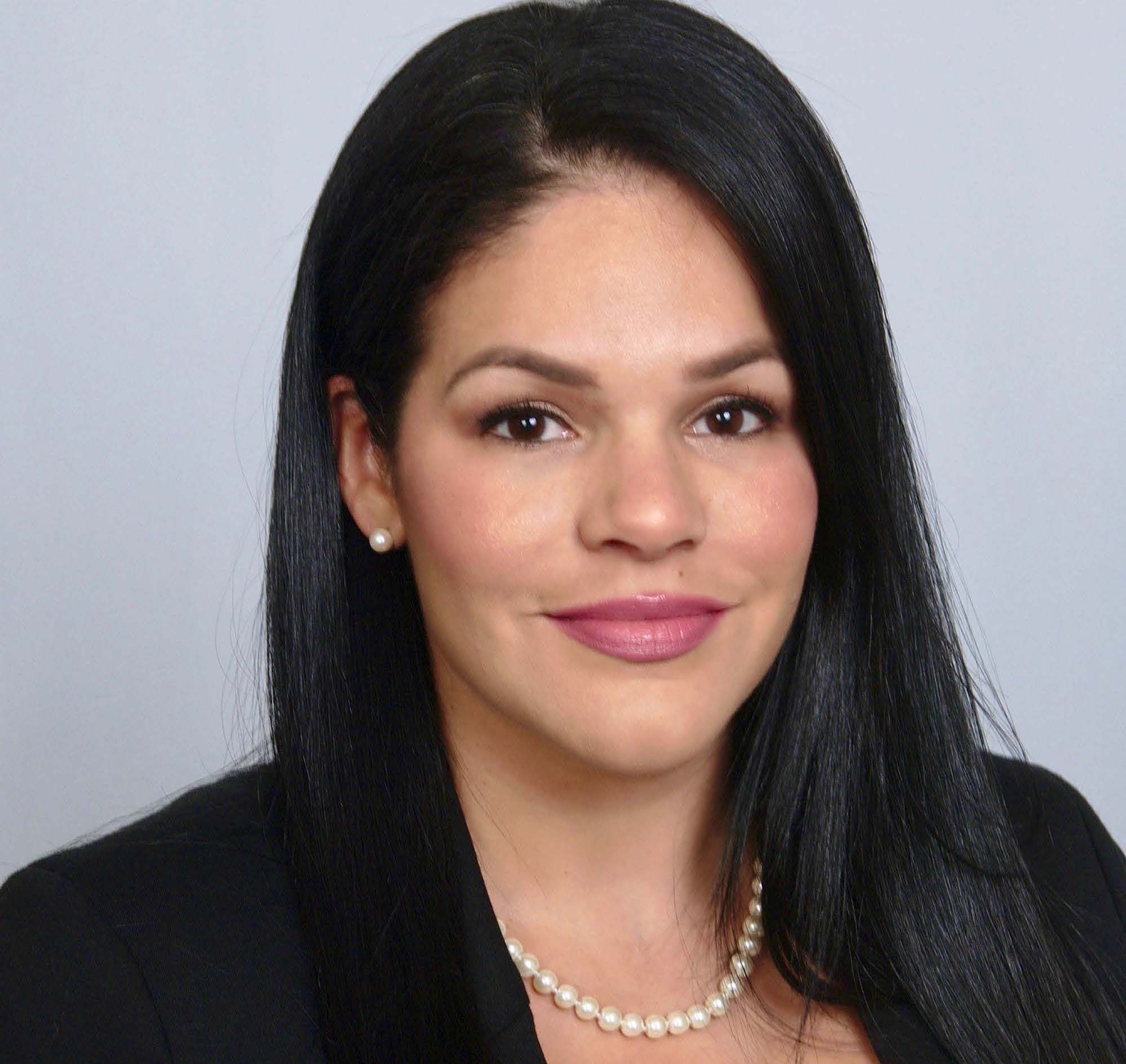Lead the Way in Diagnostic Medical Sonography with the Only CAAHEP-Accredited Bachelor’s Program in NJ!
As highly skilled professionals working under the supervision of a licensed physician, our graduates are valued members of the healthcare team whose diagnostics skills help guide patients to the appropriate path of treatment.
Why Study Diagnostic Medical Sonography at SHP?
According to the U.S. Department of Labor Statistics, employment of diagnostic medical sonographers is expected to increase by about 10 % through 2032, which is faster than the average for all occupations. Ultrasound imaging is a rapidly evolving field, resulting in many new sonographic procedures enabling sonographers to scan and image areas of the body where ultrasound has not been used traditionally.
$81,350
*average salary of a Sonography graduate.
*U.S. Department of Labor Statistics
Program Highlights
The full-time, 15-month course of study for Diagnostic Medical Sonography includes Applied Anatomy and Physiology, Pathophysiology, Ultrasound Physics, Instrumentation and Applied Sonography in the speciality areas of abdomen, obstetrics, and gynecology.
-
- New Jersey’s only CAAHEP-accredited bachelor’s degree program
- Ranked one of the best Diagnostic Medical Sonography programs nationally
- Our affiliation with a diverse population of health care facilities provides students with a comprehensive experience in the practical application of current and emerging technologies
- Most graduates gain certification in Abdominal and Ob/Gyn ultrasound
- Consistently exceeds all benchmarks established by accrediting agency
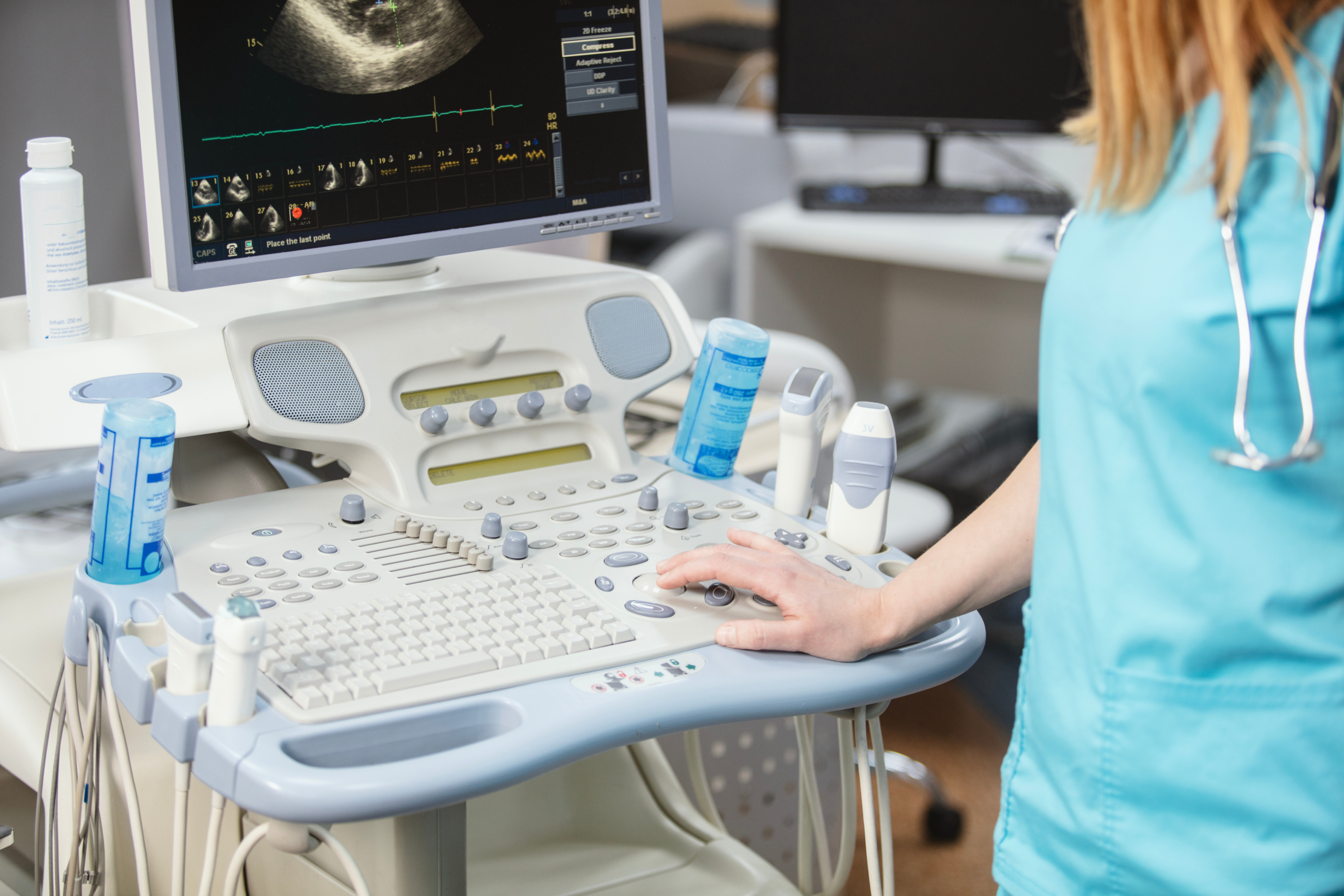
Learning Beyond the Classroom
Clinical Education is provided in active Radiology and Perinatal Testing departments equipped with the most advanced ultrasound equipment.
The Diagnostic Medical Sonography Program provides clinical experiences with varied populations in a wide variety of health care settings by utilizing a large number of health care facilities throughout NJ and NY. Students complete clinical rotations in a variety of facilities.
Atlantic Health Systems (AHS) – Overlook Medical Center
Center for Vein Restoration
CentraState Medical Center
Englewood Health
HMH – Hackensack University Medical Center
HMH – Ocean University Medical Center
Holy Name Medical Center
New Jersey Perinatal Associates
Penn Medicine Princeton Medical Center
RWJ Barnabas Health–Robert Wood Johnson University Hospital
RWJ Barnabas Health–Cooperman Barnabas Medical Center
RWJ Barnabas Health–Ambulatory Care Center
RWJ Barnabas Health–University Hospital Somerset, NJ
RWJ Barnabas Health–Clara Maass Medical Center
RWJ Barnabas Health–Jersey City Medical Center
RWJ Barnabas Health–Newark Beth Israel
Saint Clare’s Denville Hospital
Somerset Medical Center – Somerville, NJ
Saint Clare’s Dover Hospital
Saint Peter’s University Hospital
University Hospital, Newark, NJ
Clinical affiliations are located throughout New Jersey. Students rotate to various clinical facilities. Although a student’s home address is considered, placement at clinical facilities is based on a number of factors. Students should be prepared to travel.
Program Overview
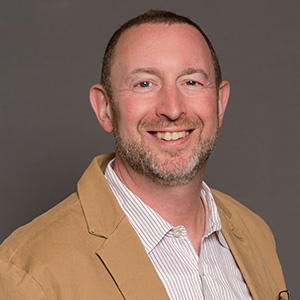
Dr. Garth Nanni
Our Diagnostic Medical Sonography (DMS), or general sonography program, encompasses clinical and didactic instruction in abdominal, obstetrical, gynecological, neonatal, neurosonography, and other related ultrasound specialties.
Selection of applicants for admission to the DMS program is a competitive process that is the responsibility of the program faculty/admissions committee. The Admissions Committee carefully reviews each application and only the most competitive applicants are invited for an interview.
Program Goals & Student Learning Outcomes
To prepare competent entry-level sonographers in the cognitive (knowledge), psychomotor (skills), and affective (behavior) learning domains for the abdomen-extended and obstetrics and gynecology sonography concentration, who are able to meet entry-level occupational demands.
Upon completion of the Diagnostic Medical Sonography program, graduates will be able to:
- Obtain, review, and integrate pertinent patient history and supporting clinical data to facilitate optimum diagnostic results
- Perform appropriate procedures and record anatomic, pathologic, and/or physiologic data for interpretation by a physician
- Record, analyze, and process diagnostic data and other pertinent observations made during the procedure for presentation to the interpreting physician
- Exercise discretion and judgment in the performance of sonographic and/or other noninvasive diagnostic services
- Demonstrate appropriate communication skills with patients and colleagues
- Act in a professional and ethical manner
- Provide patient education related to medical ultrasound and/or other diagnostic vascular techniques, and promote principles of good health
- Develop and cultivate the confidence and responsibility needed to perform as a competent sonographer
- Understand and recognize the importance of adaptability
- Implement and perform diagnostic procedures adhering to acceptable departmental, institutional, governmental and professional standards
- Encompass strategies that assure professional development at a level of clinical practice consistent with acceptable standards
- Establish values and attitudes congruent with professional standards and ethics
- Demonstrate awareness of and operate within the Diagnostic Medical Sonographer’s scope of practice.
The employment outlook is excellent.
According to the Bureau of Labor Statistics, this career field is expected to grow 12% through 2029, much faster than the average for all occupations. As imaging technology evolves, ultrasound is anticipated to replace more invasive, costly procedures. In 2019, median annual pay was $68,750.
Graduates of the program meet the educational requirements outlined under Prerequisite 2 of the American Registry of Diagnostic Medical Sonographers ARMDS (www.ardms.org). The ARDMS conducts a “pre-application review,” for individuals who wish to determine the impact of a previous criminal matter on their eligibility to apply for ARDMS certification. This review process is recommended for individuals who have not yet applied or are contemplating enrollment in a sonography program that might have a previous criminal matter.
Applicants who anticipate the need for testing accommodations should contact the appropriate board certification organization to find out the documents required to request such an accommodation. All students in the program are required to sit for the three national board certification examinations before they complete the program. The program is accredited by the Commission for the Accreditation of Allied Health Education Programs (CAAHEP.org). This accreditation allows students to sit for national registry examinations up to two months prior to graduation. Obtaining national registry credentials is essential to employment.
Questions?
For more information, call 908-889-2521 or email SHP-DMS-info@shp.rutgers.edu
Accreditation
Our Diagnostic Medical Sonography program is accredited by the Commission on Accreditation of Allied Health Education Programs (www.caahep.org) upon the recommendation of the Joint Review Committee on Education in Diagnostic Medical Sonography (www.jrcdms.org).
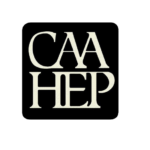 Commission on Accreditation of Allied Health Education Programs
Commission on Accreditation of Allied Health Education Programs
9355 – 113th Street, N, #7709
Seminole, FL 33775
727-210-2350
The Joint Review Committee on Education in Diagnostic Medical Sonography (JRC-DMS)
6021 University Boulevard Suite 500
Ellicott City,MD 21043
443-973-3251
The Diagnostic Medical Sonography program is accredited for the learning concentrations of Abdomen-Extended and Obstetrics and Gynecology Sonography by JRC-DMS. The program also teaches some vascular sonography; many students can learn vascular examinations during clinical rotations.
However, this program is not accredited for the learning concentration of Vascular Sonography.
State Authorization and Professional Licensure Disclosure:
The Rutgers School of Health Professions Certificate and BS in Diagnostic Medical Sonography meets the professional licensing requirements of the following states: ND, NH, NM, OR.
All states not listed above, to the best of our knowledge, do not require professional licensure to practice within our profession.
Admission Criteria
Selection of applicants for admission to the DMS program is a competitive process that is the responsibility of the program faculty/admissions committee. The Admissions Committee carefully reviews each application and only the most competitive applicants are invited for an interview.
The required prerequisites/application requirements FOR ALL TRACKS (in addition to their other requirements) are:
- Anatomy & Physiology 1*
- Anatomy & Physiology 2*
- General Physics*
- Algebra * (Trigonometry, Calculus, Precalculus, or Statistics are acceptable)
- English 1 (English Comp., Writing, or Literature courses are acceptable)
- English 2 (English Comp., Writing, or Literature courses are acceptable)
- Medical Terminology (this can be taken online as a certificate OR in a college–Penn Foster, Core Excel, Coursera, and Straightline.com are acceptable)
* (Laboratory components are not required for the sciences courses, 1-3, yet many colleges will only offer courses with a laboratory component)
NOTE: These prerequisites must be completed with a B- or greater prior to the application. Applications with transcripts that do not contain grades for the above courses will not be considered.
This option is designed for applicants with a minimum of 60 college credits or a graduate of an accredited 2-year associates degree. Applicants for this option must have completed either prerequisite 1 or 2 and the specific courses listed below.
Prerequisite Requirements:
Prerequisite 1 – a graduate of an accredited 2-year college who has earned an associate degree in science (A. S.) or an associate degree in art (A. A.).
Prerequisite 2 – completed approximately 60 college credits with the below general education requirements completed.
General Education Pre-requisites:
- 9 credits in Writing and Communications
- 6 credits in Mathematics/Quantitative Skills/Formal Reasoning
- 6 credits in Arts and Humanities
- 8-12 credits in Natural Sciences (Anatomy & Physiology I & II, General Physics are required)
- 6 credits Social Sciences and Historical Diversity
- 6 credits in History, Literature, and Contemporary Issues
Additional requirements:
Applicants must have met or be scheduled to complete all required *courses with a B- or better:
- Human Anatomy & Physiology I and II (6-8 credits, no lab required)
- Medical Terminology (need not be credit-bearing)
- College-level Algebra, Calculus, or Statistics (3 credits)
- General Physics (2-4 credits) -Due to the high demand for college pre-requisite physics courses, SHP offers the following alternative: DXMS4160:Physics Concepts for Diagnostic Imaging. For further information regarding the above course, please call 908-889-2521 or register.
- English (6 credits)
Students with an overall GPA of 2.85 and above are encouraged to apply. However, the final consideration of GPA scores will depend on the pool of applicants.
The Diagnostic Medical Sonography Program offers a joint Bachelor of Science Degree in Medical Imaging Sciences in collaboration with the following institutions:
- Bloomfield College
- Caldwell University
- College of Saint Elizabeth
- Fairleigh Dickinson University
- Felician University
- Georgian Court University
- New Jersey City University
- Ramapo College of New Jersey
- Rutgers University – Newark
The degree offers a unique combination of a liberal arts education and entry into the postgraduate health career of Diagnostic Medical Sonography.
- The first six semesters of liberal study are taken at the partner institution. General education courses lead toward a concentration in biology with requirements in math, physics, chemistry and biology. The clinical track is selected in the late sophomore or early junior year through an application to Rutgers-SHP.
- Applicants must have met or be scheduled to complete all pre-requisite requirements with a B- or better.
- Students admitted to the 4th year professional phase are selected by an Admissions Committee from among those applicants meeting these minimum standards.
- Medical Terminology is an essential foundation for the courses in the program. Students accepted into the Diagnostic Medical Sonography Program must take a college level course or online certificate course prior to the start of the program in September.
TRANSPORTATION
Clinical affiliations are located throughout New Jersey. Students rotate to various clinical facilities. Although a student’s home address is considered, placement at clinical facilities is based on a number of factors. Students should be prepared to travel.
Prospective students must have a baccalaureate degree (BS or BA) from an accredited U.S. university or college. Foreign graduates must also meet additional requirements.
Prerequisite requirements:
Applicants must have met or be scheduled to complete all required *courses with a B- or better:
- Human Anatomy & Physiology I and II (6-8 credits, no lab required)
- Medical Terminology (need not be credit-bearing)
- College level Algebra, Calculus or Statistics(3 credits)
- General Physics (2-4 credits) -Due to the high demand for college pre-requisite physics courses, SHP offers the following alternative: DXMS4160 (3 credits) Physics Concepts for Diagnostic Imaging. For further information regarding the above course, please call 908-889-2521 or register.
- English (6 credits)
Students with an overall GPA of 2.85 and above are encouraged to apply. However, final consideration of GPA scores will depend on the pool of applicants.
*It is recommended that all pre-requisite courses be completed within 5 years of application to program.
Foreign Educated Applicants
If you were educated outside of the United States, you must provide the following additional documents:
- Official transcripts mailed directly from the foreign school. The school will also accept an official transcript if sent by the applicant in a sealed school envelope.
- Official evaluation of your foreign transcript (grade by grade). You may obtain an evaluation by contacting World Education Services, Inc. at www.wes.org or by e-mail at info@wes.org.
- Official results of test scores from the Test of English as a Foreign Language (TOEFL) exam or 6 college credits of English from a U.S.-accredited school. Applicants must have a minimum TOEFL score of 90 on the Internet-based exam with minimum individual element scores of: reading 20, listening 20, speaking 26, and writing 24. the computer-based exam minimum score is 233 (equivalents of internet-based scores).
This option is designed for applicants with a minimum of 60 college credits, or a graduate of an accredited 2-year allied health program. Applicants for this option must have completed either prerequisite 1 or 2 and the specific courses listed below.
Prerequisite 1 - graduate of an accredited 2-year Allied Health Education program, such as Nursing, Radiography, Dental Hygiene, etc.
Prerequisite 2 - completed approximately 60 college credits
Applicants must have met or be scheduled to complete all required *courses with a B- or better:
- Human Anatomy & Physiology I and II (6-8 credits, no lab required)
- Medical Terminology (need not be credit-bearing)
- College level Algebra, Calculus or Statistics(3 credits)
- General Physics (2-4 credits) -Due to the high demand for college pre-requisite physics courses, SHP offers the following alternative: DXMS4160 Physics Concepts for Diagnostic Imaging. For further information regarding the above course, please call 908-889-2521 or register.
- English (6 credits)
Students with an overall GPA of 2.85 and above are encouraged to apply. However, final consideration of GPA scores will depend on the pool of applicants.
*It is recommended that all pre-requisite courses be completed within 5 years of application to program.
Foreign Educated Applicants
If you were educated outside of the United States, you must provide the following additional documents:
- Official transcripts mailed directly from the foreign school. The school will also accept an official transcript if it is sent by the applicant but is in a sealed school envelope.
- Official evaluation of your foreign transcript (grade by grade) by a foreign credit evaluation service. There are a number of these agencies available such as World Education Services (wes.org) and Education Credential Evaluators (ece.org). The Cardiac Sonography program does not endorse any particular service and notes the above as examples applicants have used in the past.
- Official results of test scores from the Test of English as a Foreign Language (TOEFL) exam.
Applicants must have a minimum TOEFL score of 90 on the Internet-based exam with minimum individual element scores as follows: Reading 20, Listening 20, Speaking 26, and Writing 24. The Computer-Based exam minimum score is 233 (equivalents of Internet-Based Scores).
TRANSPORTATION
Students must have the ability to travel to and from clinical sites.
Students must also meet the General Standards for Allied Health Education of Rutgers-SHP. These standards concern observational abilities, communication, intellectual/conceptual abilities, motor coordination, and behavioral and social skills.
Students accepted into the program must complete a CPR course for Allied Health Professionals prior to entering the program.
For more information, call 908-889-2521 or email SHP-DMS-info@shp.rutgers.edu.
SHP Tuition and Fees
For Tuition and Fees, please see the Undergraduate Tuition and Fees.
(Scroll down to 2023-2024 Rutgers Health Tuition and Fee Rates and click on School of Health Professions)
For Financial Aid information, please visit https://scarlethub.rutgers.edu/financial-services/information-for/rbhs-students/
Curriculum
The academic curriculum and clinical training facilities provide a program that is educational, comprehensive, and teaches students the principles, ethics, and practices of Diagnostic Medical Sonography.
The professional curriculum is the same for degree and certificate programs. The program is for full-time students.
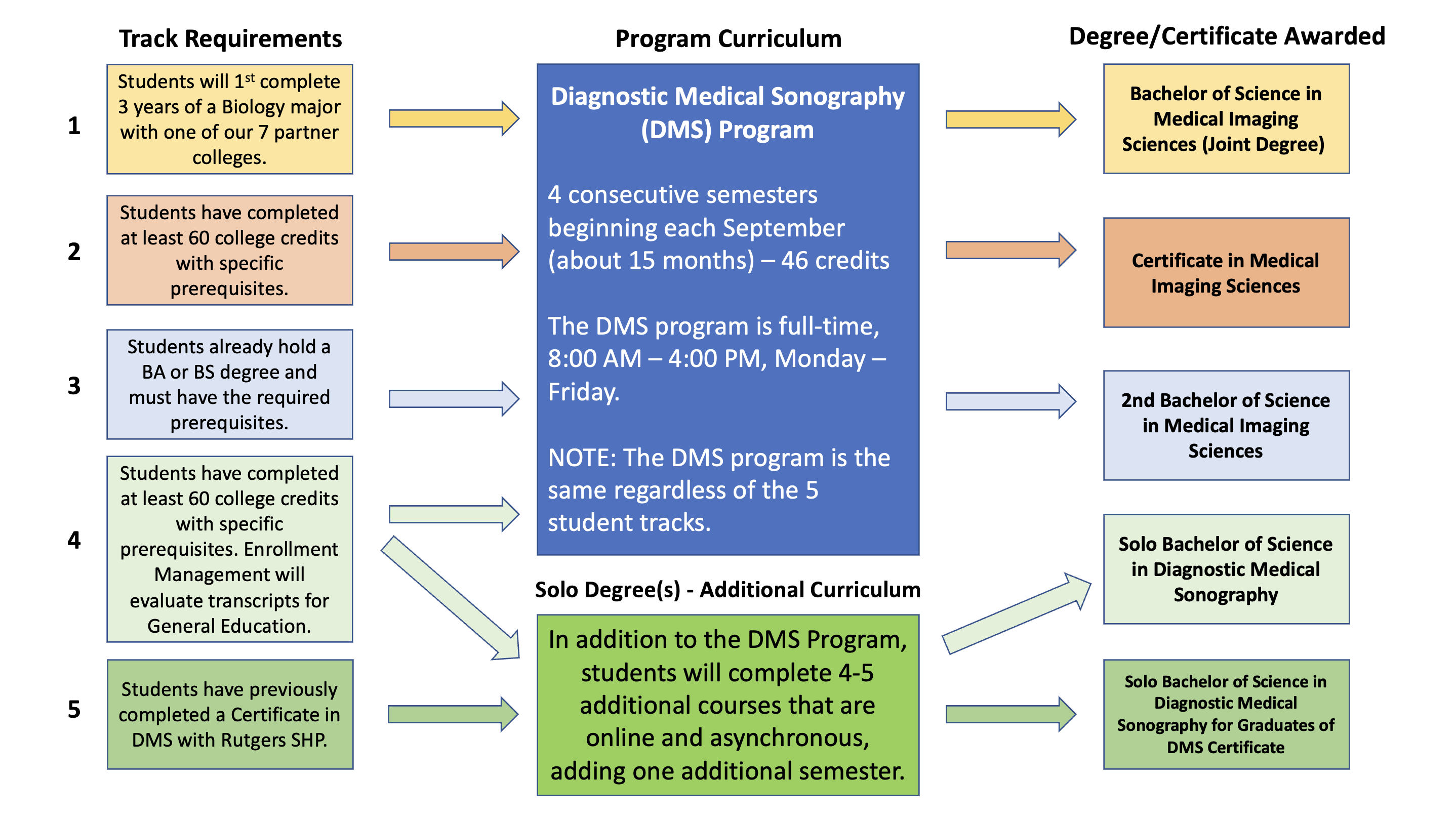
Diagnostic Medical Sonography – Professional Curriculum
For Students
Clinical Affiliations
The Diagnostic Medical Sonography Program provides clinical experiences with varied populations in a wide variety of health care settings by utilizing a large number of health care facilities throughout NJ and NY. Students complete clinical rotations in a variety of facilities.
Atlantic Health Systems (AHS) – Overlook Medical Center
Center for Vein Restoration
CentraState Medical Center
Englewood Health
HMH – Hackensack University Medical Center
HMH – Ocean University Medical Center
Holy Name Medical Center
New Jersey Perinatal Associates
Penn Medicine Princeton Medical Center
RWJ Barnabas Health–Robert Wood Johnson University Hospital
RWJ Barnabas Health–Cooperman Barnabas Medical Center
RWJ Barnabas Health–Ambulatory Care Center
RWJ Barnabas Health–University Hospital Somerset, NJ
RWJ Barnabas Health–Clara Maass Medical Center
RWJ Barnabas Health–Jersey City Medical Center
RWJ Barnabas Health–Newark Beth Israel
Saint Clare’s Denville Hospital
Somerset Medical Center – Somerville, NJ
Saint Clare’s Dover Hospital
Saint Peter’s University Hospital
University Hospital, Newark, NJ
Clinical affiliations are located throughout New Jersey. Students rotate to various clinical facilities. Although a student’s home address is considered, placement at clinical facilities is based on a number of factors. Students should be prepared to travel.
Hear From Our Student
Anna-Sicafoose
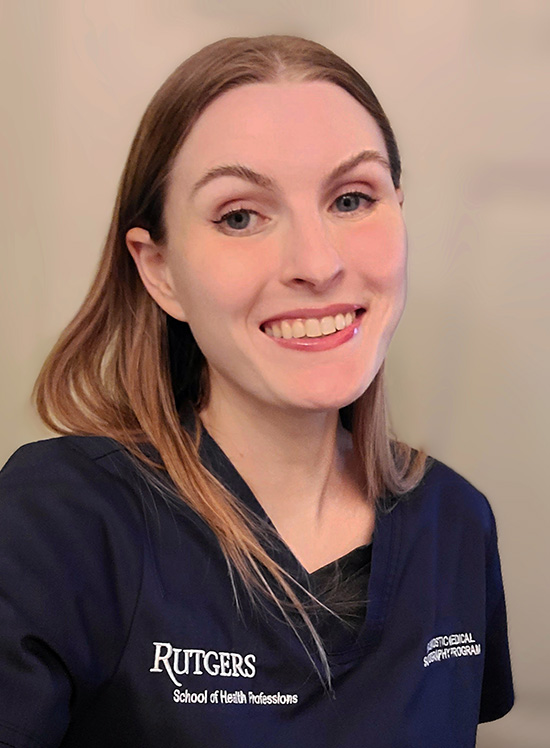
FAQs
The program teaches students how to perform and interpret diagnostic images utilizing ultrasound or sound waves.
It prepares students to perform and interpret multiple sonographic examinations in the area of general sonography (abdomen, obstetrics, gynecology, breast, thyroid and other sub-specialty areas).
Graduates with a B.S. degree and experience can more readily advance to supervisory positions.
The program offers three types of bachelor’s degree options in medical imaging sciences (BSMIS) and certificates. One option is a completion program which consists of 3 years of undergraduate biology courses at partnering institutions. These students apply to Rutgers to complete the professional course work in the DMSP. The other BSMIS option is for individuals that already hold a BS or BA degree. The certificate is for applicants with 60 college credits or an associate’s degree. The post-certificate B.S. is for students who want to pursue their B.S. Degree.
Please refer to program-specific admissions criteria for specific required prerequisite courses.
Students apply online.
No. The program does not offer courses on a non-matriculated basis.
Yes. The best source for financial aid information is at the Rutgers Student Financial Aid Office. They can be contacted 973-972-4376.
Yes. Rutgers University and the School of Health Professions offer a limited number of scholarship programs.
The program is located on the Rutgers School of Health Professions campus in the Stanley Bergen Building, 65 Bergen Street, Newark, NJ.

